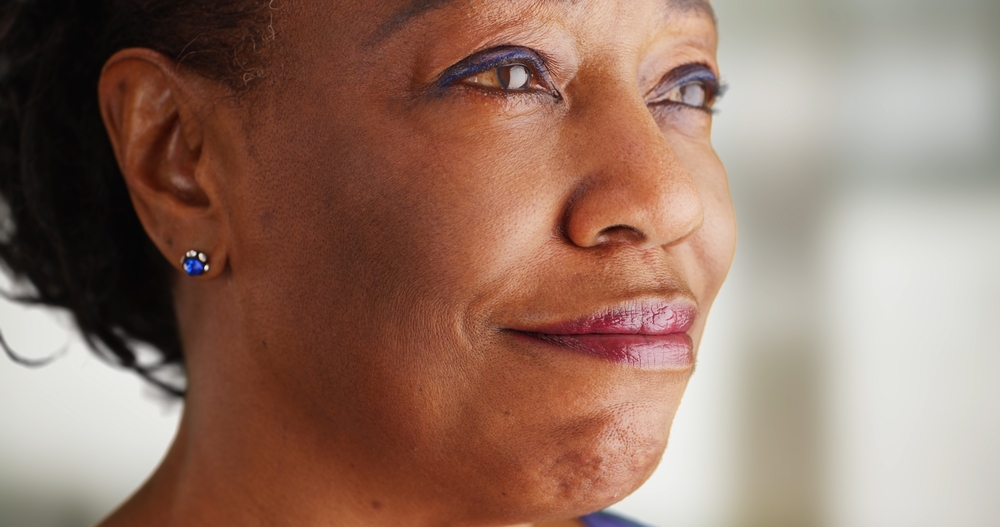Stand Up to Cancer Awards $100K for Research About Precursor Multiple Myeloma

Stand Up To Cancer (SU2C) has awarded the 2020 SU2C Sharp Tank Award to Catherine Marinac, PhD, to support her research examining how interventions in patients with precursor multiple myeloma can be tailored to certain populations, especially those that are underserved.
Marinac, a Dana-Farber Cancer Institute scientist, earned the $100,000 award as part of a competition styled after the reality TV show “Shark Tank.” The award seeks to challenge early-career researchers to pitch high-risk ideas that could greatly affect cancer patients.
Marinac is studying health disparities in myeloma because the disease disproportionately affects people of color. Compared to Caucasians, African Americans are two to three times more likely to develop conditions that can evolve into multiple myeloma, and twice as likely to develop the disease itself. Hispanics also have a somewhat higher risk to develop this type of blood cancer.
Because only 4% of cancer patients participating in clinical trials are Black, and 5% are Hispanic, studying minority populations with cancer, or those at risk for it, has been difficult.
“We are confident that Dr. Marinac’s work as a result of this award will pave the way for breakthrough research and improved patient outcomes,” Sung Poblete, PhD, registered nurse and CEO of SU2C, said in a press release.
“Not only does this further solidify our commitment to improving minority health outcomes, but more importantly affirms our dedication to inspiring early-career investigators to pursue cutting-edge research and bring us one step closer towards our goal of turning all cancer patients into survivors,” Poblete said.
SU2C, which funds collaborative cancer research programs, has long sought to increase diversity in clinical trial participation through its Health Equity Initiative. That effort requires research teams seeking funding to address such diversity issues.
“We have to develop interventions that people will engage with and that will meet the population where they are,” Marinac said. “Research in other cancer types has shown that not all interventions are of value to all populations.”
Marinac is a member of the SU2C Multiple Myeloma Dream Team, a group of investigators working on the detection of conditions that can lead to multiple myeloma, such as monoclonal gammopathy of undetermined significance (MGUS) and smoldering multiple myeloma (SMM). These scientists also are trying to come up with new strategies to prevent SMM and MGUS from evolving into cancer.
The concept of early intervention and treatment of individuals with MGUS or SMM has been an issue because, in addition to the relatively low participation of minority populations in clinical studies, not all patients with precursor conditions end up developing cancer. In addition, there also is the possibility that treatment could cause unnecessary toxicity to patients.
In this project, Marinac will work with the Dream Team to better grasp the wants and needs of Black communities regarding early intervention in precursor myeloma. She will use statistical methods commonly employed in market research to find the most favorable approaches.
“We invest considerable research dollars in finding interventions to change a patient’s disease course, but just because it’s available doesn’t mean it will be adopted by those who might need it most,” Marinac said. “It’s not going to be effective if it’s something the population won’t use.”
Marinac’s award is named for Nobel laureate Phillip A. Sharp, PhD, a professor at the David H. Koch Institute for Integrative Cancer Research at Massachusetts Institute of Technology, and chair of the SU2C scientific advisory committee. The competition called for applicants to submit a project summary and a 30-second video pitch. Finalists presented their proposals at the SU2C Scientific Summit in January.
“The fast-paced nature of this competition exemplifies SU2C’s commitment to fostering rapid research breakthroughs and breaking down traditional silos that have existed in the medical community,” Sharp said.
“SU2C’s dedication to its researchers is also evident through this process, and we’re proud to continue supporting our researchers and encouraging their innovative work in unconventional ways,” he added.






